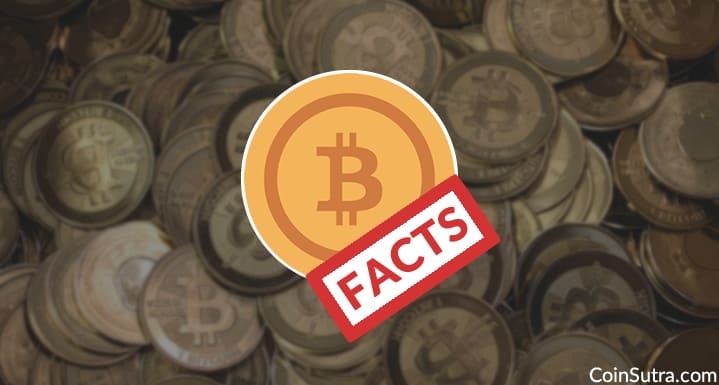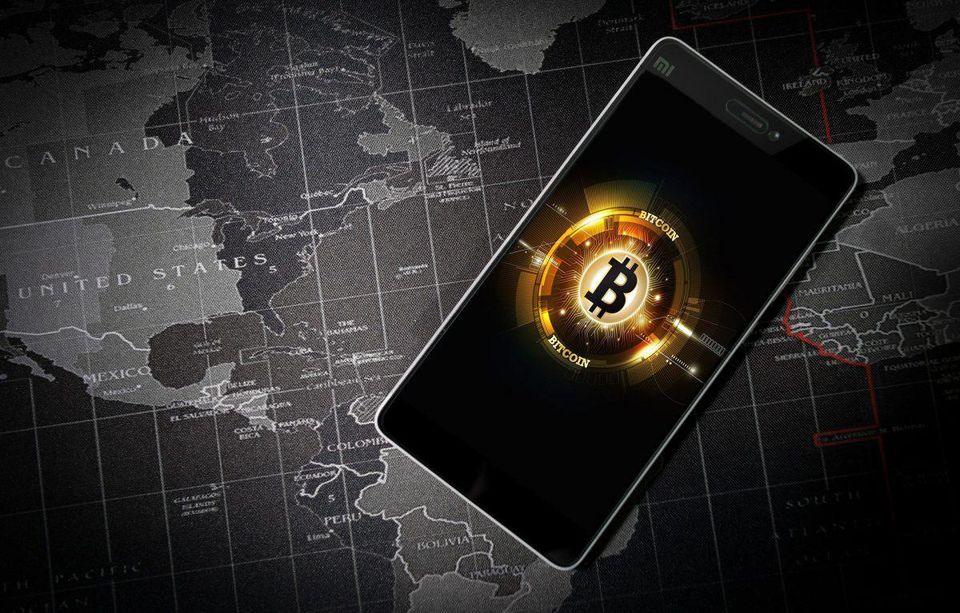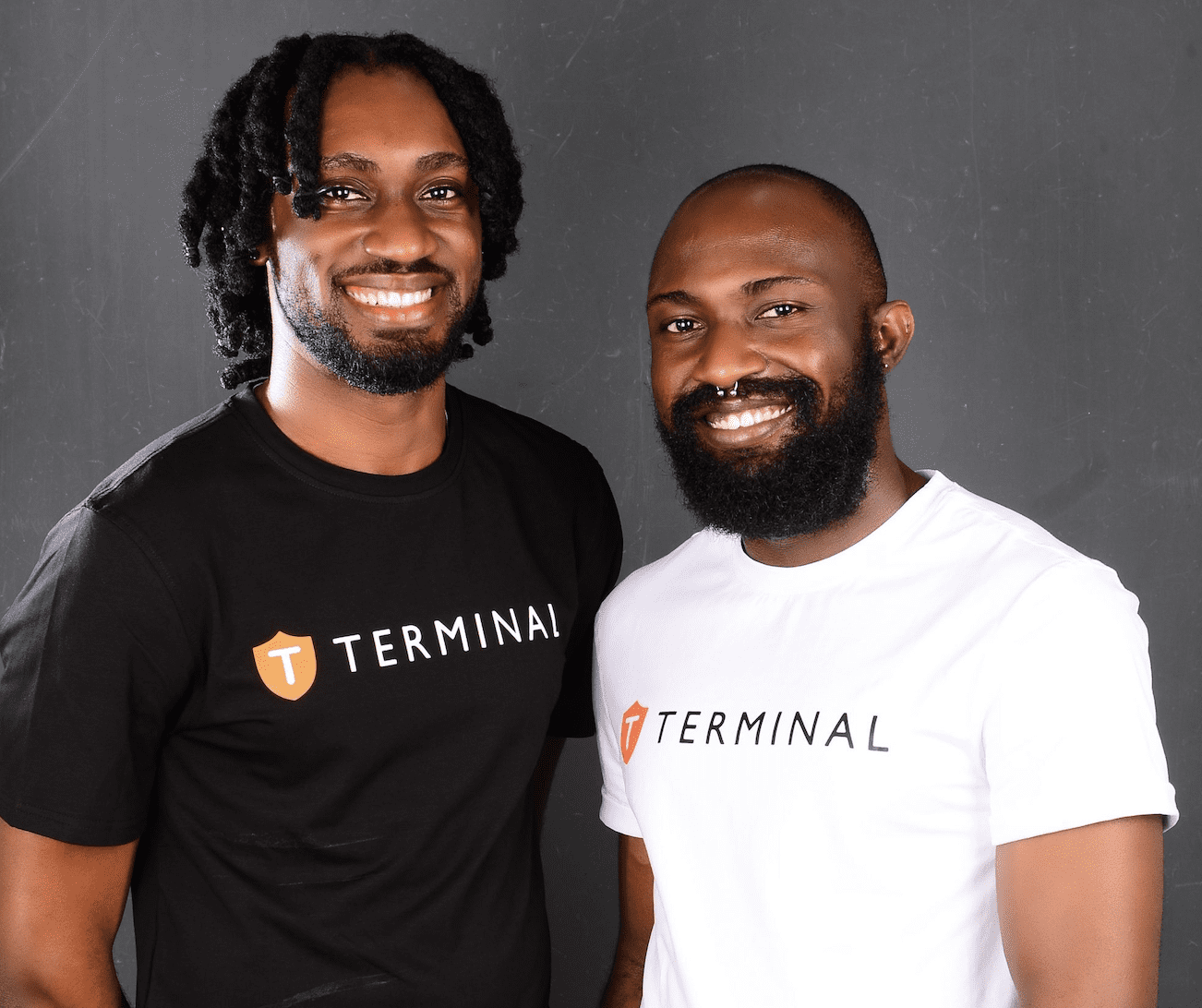Bitcoin is money. Pretty much like any currency you know. Many of you have heard about it, either while surfing the internet or checking through social media.
However, despite bitcoin’s growing popularity, there is still a large number of people who don’t know about it or have a severe misconception about this digital form of money.
Bitcoin was created by Satoshi Nakamoto in 2009.


Contrary to opinions widely held especially among Nigerians, Bitcoin is not a Ponzi scheme. It is not a fraud. At first glance, the idea of digital currencies (cryptocurrency) like Bitcoin may sound confusing. However, there are simple facts about the cryptocurrency that will help you understand how it works. Here are some of them.
Bitcoin is a Currency like the Naira
Bitcoin like the Naira is a currency that can be bought, sold, invested and used as a means of transaction. The only difference is that while Naira is a physical currency (fiat) Bitcoin is programmable money called cryptocurrency.
Bitcoin is not the only cyber currency, though it remains the most popular and highly valued one. Right now, there are over 2,500 cryptocurrencies in the world.
Just as Naira can be divided into kobos, Bitcoins also have their own denominations, but they’re much smaller. Named after its mysterious inventor, Bitcoin has denominations like 1 Satoshi byte is worth 0.00000001 Bitcoin.
Although most news about Bitcoin revolves around trading, the currency can be used to pay for products and services. Big corporations like Dell, Microsoft, among others now accept Bitcoin as a legitimate form of payment.
There are now Bitcoin ATMs in Nigeria, where people can go to withdraw their Bitcoins as cash
Bitcoin is created through mining
The technology behind the creation can be a little difficult to understand but here are some simple facts that will help you understand it.
The first is there is a limited amount of Bitcoin. When the cryptocurrency was founded, the creator made only 21 million bitcoin. Right now, over 18.5 million are in circulation, however, more are being mined every day.


Yes, mined. Bitcoin is created through a process called mining and the core technology behind it is called Blockchain technology.
Blockchain is dependent on a network of nodes that ensures the integrity of transaction history by achieving consensus (a process called Validation). This means that blockchain connects the history of every Bitcoin transaction that has been done in a network.
After Validation, nodes race, using trial/error to solve a mathematical puzzle of high difficulty levels, requiring heavy computing resources. The first computer in the network that manages to solve the equation will be rewarded with Bitcoins.
Bitcoin is to Wallets as Naira is to Banks
Much like how you open a bank account to keep your cash (Naira), Bitcoin also has a Bitcoin wallet (account) where you can store your Bitcoin. The wallet is created when you sign up on a crypto wallet provider like Luno.
To fund your wallet, you can buy Bitcoin from crypto-exchanges. The conversion rate at which you buy the Bitcoin is dependent on the currency. For Naira, the current rate is 1 Bitcoin(BTC) to about N4.39 million but you can buy in bits depending on the amount you need.
With the bitcoin wallet, you can keep track of your Bitcoin balance, make transaction, trade or invest. Additionally, if you know a bitcoin address you can see how much bitcoin is in it.
Bitcoin wallets are very secure, that’s why losing the access keys wallet means losing the bitcoins within it forever.
However, it is important that you are very careful when it comes to storing your password and key, which allows you to access your digital Bitcoin wallet. If you lost it, you’ll lose access to your Bitcoin wallet and the amount you have inside.
No one controls Bitcoin. While banks and governments can control the flow of fiat currencies like Naira, Bitcoin is controlled by everyone who uses the cryptocurrency.
Bitcoin transactions cost almost nothing
Banks and other fintech solution often require you to pay service charges for transactions and other types of services. However, Bitcoin can be carried out free of charge because there are no middlemen like banks.
There are some crypto-exchanges that charge a small fee to pay those who ‘mine’ Bitcoin and release it into the system.


Bitcoin transactions can’t be reversed
Payment systems, such as bank transfer, can be tracked and, if needed, reversed. This isn’t the case with Bitcoin. Once the money has been sent, it can’t be reversed unless the recipient returns it.
This necessarily isn’t bad as it emphasises the importance of double-checking the address you’re sending funds to.
Transaction using bitcoin comes with wallet address, amount but no personal data.
Bitcoin is actually completely transparent. This is contrary to popular belief that its transactions can’t be tracked. All Bitcoin transaction can be seen, where the untraceable nature of its transaction comes from is the ability to tie a bitcoin address to its owner.
Bitcoin is considered as one of the 21st century’s biggest technological breakthroughs. Its ability to provide universal, virtual and borderless cash transaction does not just define the future of money. It is shaping the future of economies and transactions.
The facts we listed are just the beginning. However, we believe that simple Bitcoin facts will not only help clear up doubts or misconception about the cryptocurrency but also give you a beginners idea just in case you need to invest your unstable Naira into a more stable currency.





